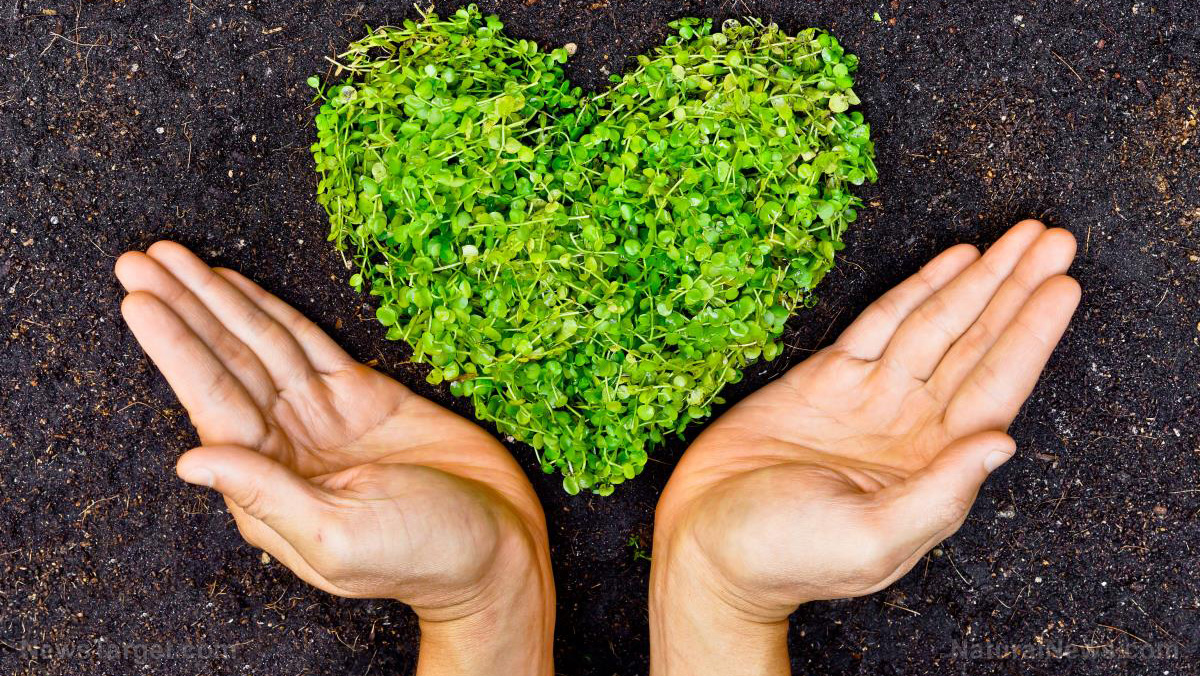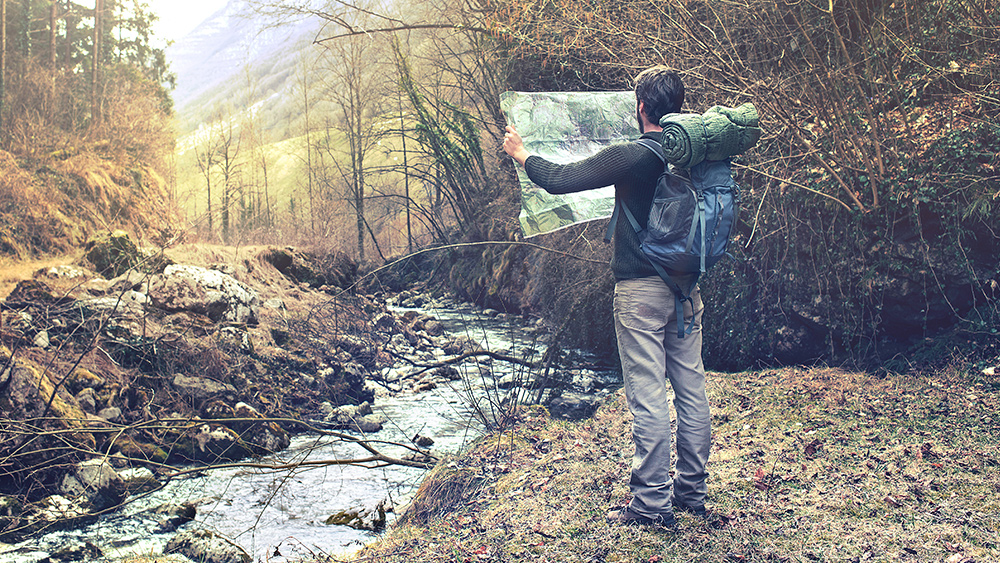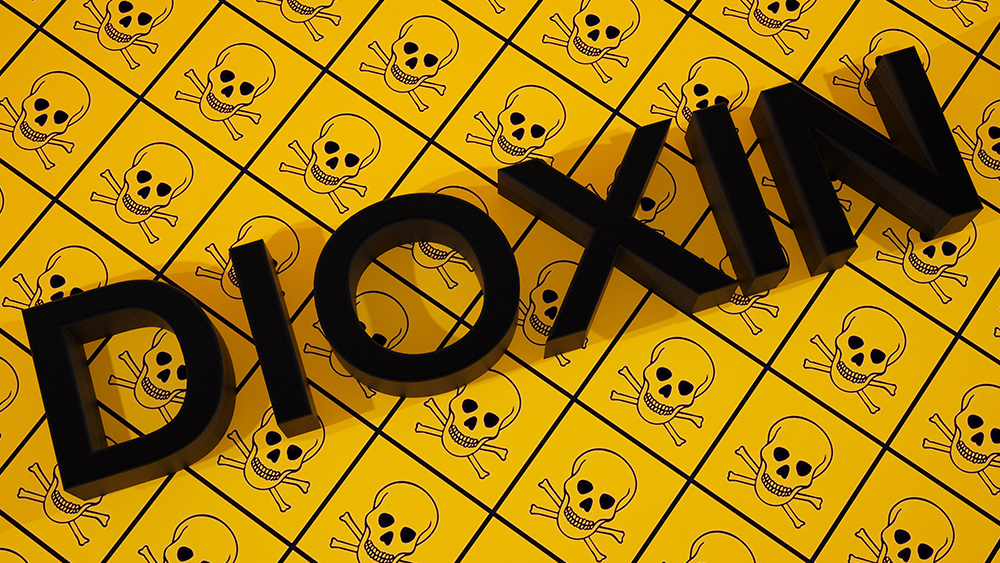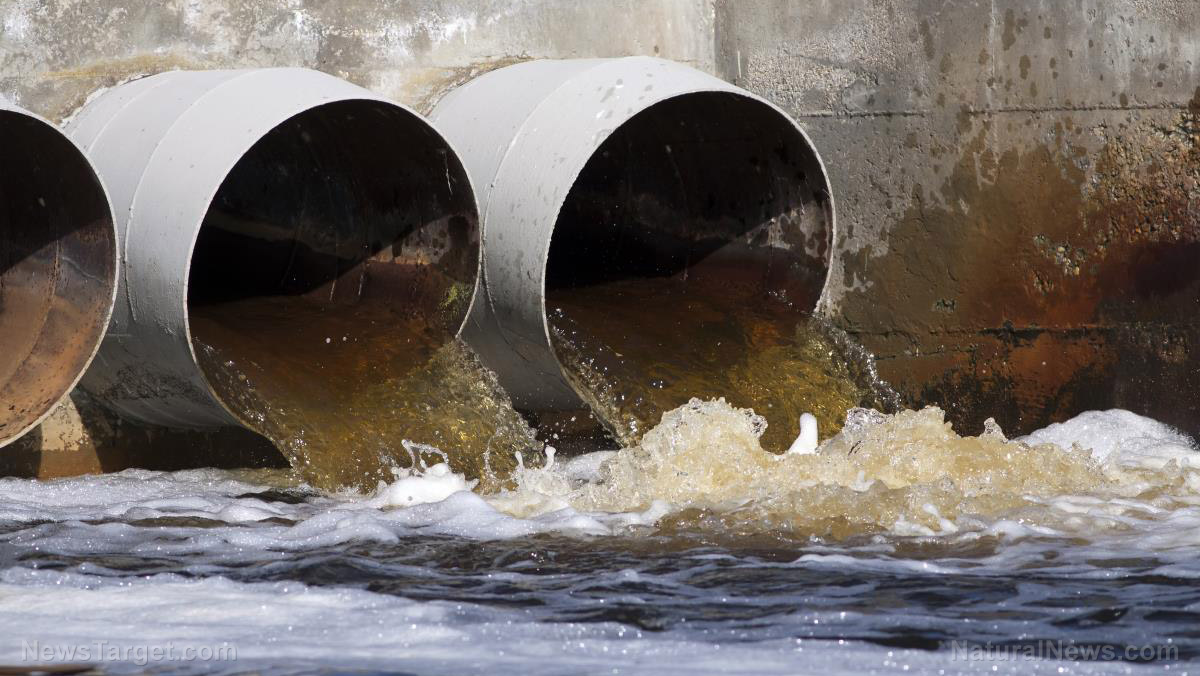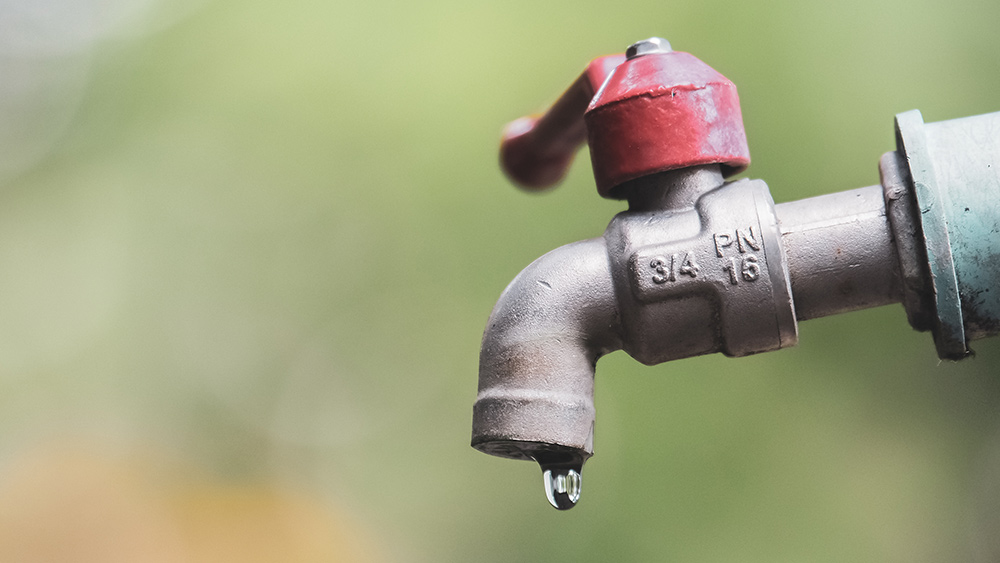
Homeland Security and the Federal Emergency Management Agency (FEMA) want you to be prepared for a variety of potential disasters. Their list includes explosions, earthquakes, hazardous materials incidents, nuclear blasts, hurricanes, landslides, floods, space weather, radiological dispersion devices, pandemics, power outages, tsunamis and wildfires, among others. Drilling down into the specifics of each threat, you can find information about the kind of emergency supply kit to create, which will include, after a few more clicks, what food supplies you should consider.
One detail that feels immediately askew is the recommendation made for every single disaster scenario. FEMA suggests you prepare "at least a three-day supply of non-perishable food." While preparing a secure and non-perishable food supply for three days is a good place to start, the types of disasters they describe are devastating events that could last for months, or even years. That is a very critical reason, in addition to some of the canned goods and vitamins FEMA does recommend, to make regular purchases of long term food storage like Numanna's Organic Family Pack. Not only is this food non-GMO and chemical free, it's packaged in triple-strength mylar bags with a 25 -year shelf life. And you only need water and fire to prepare it.
Here's the list of the top twelve items that FEMA suggests you stock up on.
1. Canned meats, fish, fruits and vegetables
Tuna, salmon, sardines, peas, peaches, pineapple and beans are a few to consider. Don't forget to store an extra can-opener. As with all canned food, shelf life differs. Consider rotating your supply.
2. Protein and fruit bars
These can serve as hunger quenchers for all, including your children.
3. Dry cereal or granola
Organic raisins, which have a long shelf life, can add some extra sweetness.
4. Peanut butter
If possible, get this without the added sugars and salts. Organic peanut butter has a significantly longer shelf life.
5. Dried fruit
Very important for vitamin C and antioxidant content.
6. Nuts
Consider sunflower and pumpkin seeds, almonds, cashews, walnuts or other favorites. A small handful can provide a powerhouse of nutritive benefits.
7. Crackers
A wide variety of grains is best, including gluten-free if needed.
8. Canned juices
Rotating your stock is advisable to avoid a metallic taste, depending on packaging.
9. Non-perishable pasteurized milk
Look for powdered milk or milk packaged for longer storage.
10. Vitamins
The extra boost of vitamins during stressful times may be helpful.
11. Infant food and formula
If you have little ones, you understand the critical need. Begin buying extra now.
12. Comfort foods
You know what your family members enjoy. It will be important to offer a comforting food to help mitigate the stress.
FEMA suggests avoiding foods that may make you thirsty, and that brings in the critical need for water. It's generally agreed that each person will need one gallon of safe, drinkable water for each day, but this can vary. Sanitation will require more. It is imperative to buy and store water and to learn the issues of finding or creating clean drinking water in emergency situations.
Are you prepared for an emergency? Learn essential survival skills at Survival.news.
Sources:
Please contact us for more information.
















